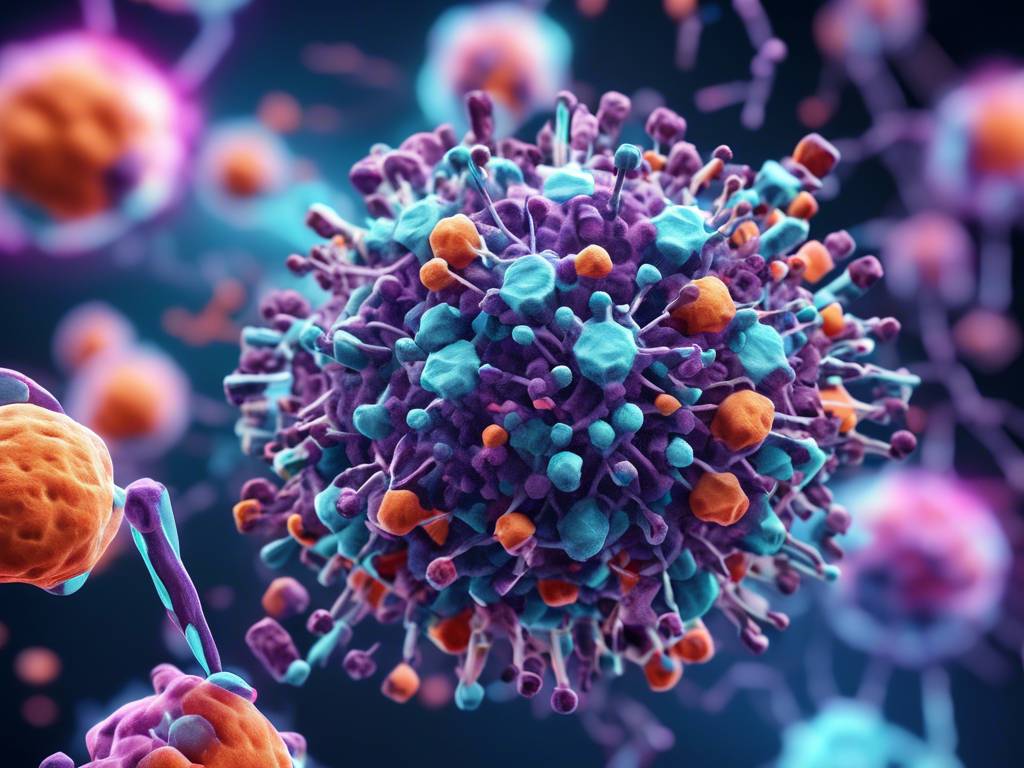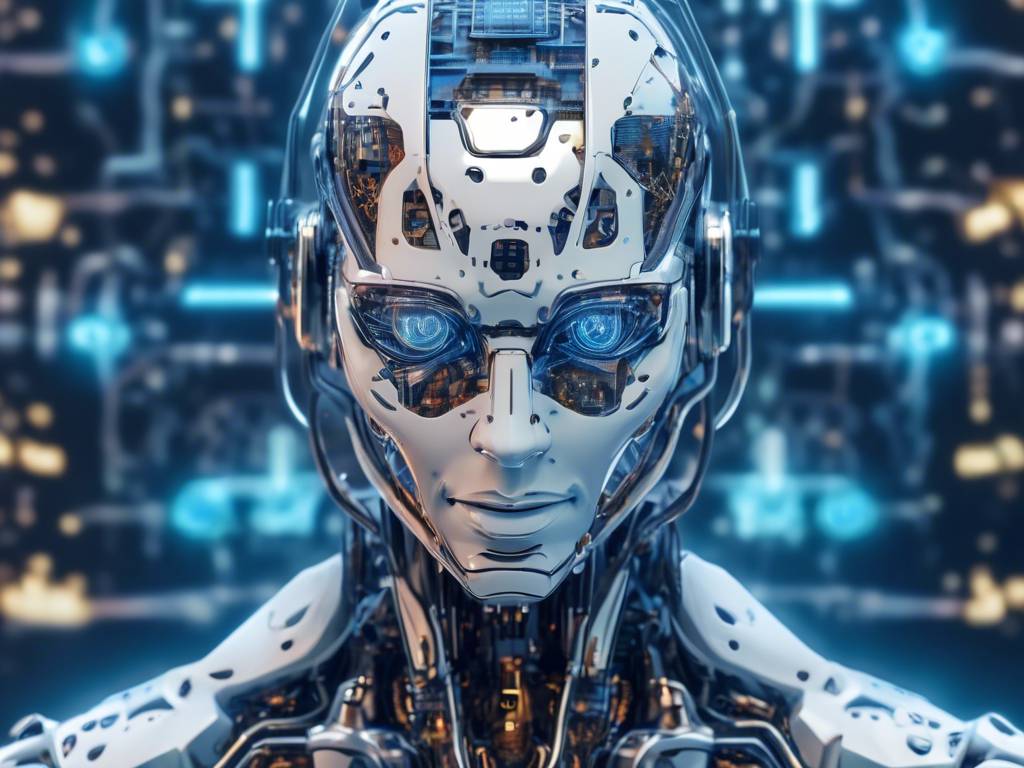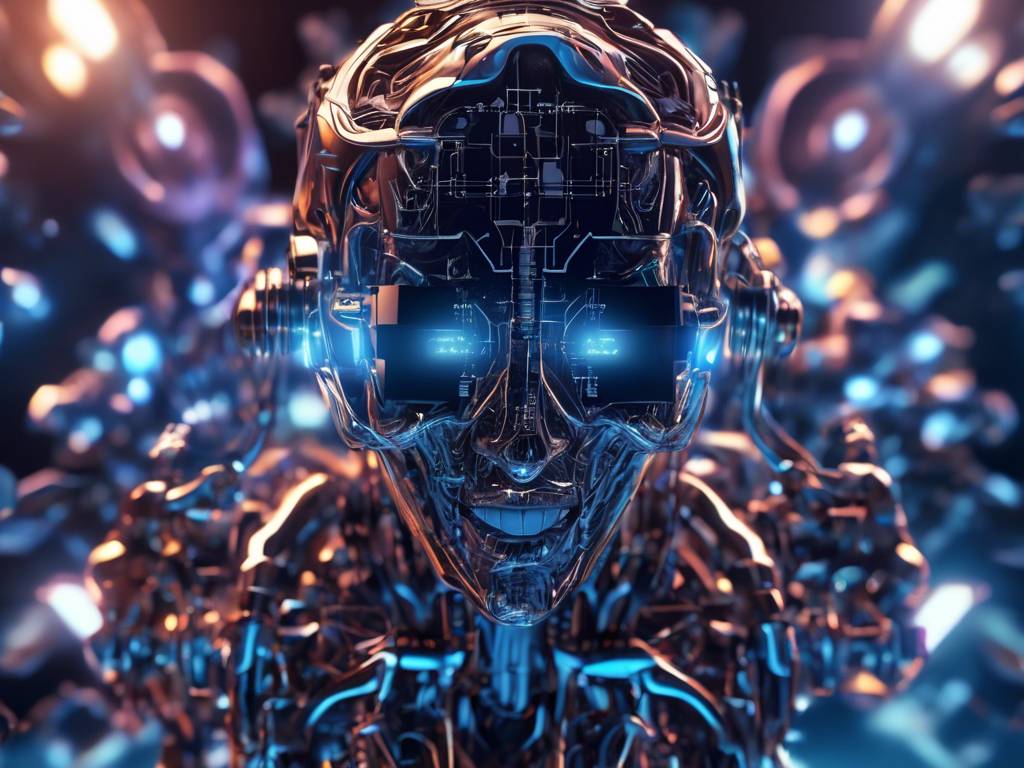**AI’s Impact on Drug Development and Life Sciences**
Artificial Intelligence (AI) is revolutionizing the healthcare industry, particularly in drug development and life sciences. With the exponential increase in human multiomic data, the rise in computing power, and the emergence of new AI technologies, the potential for transforming drug discovery and development is immense. AI companies like ATA are leading the way in utilizing AI to tackle the challenges in drug development, including identifying the right drug targets, developing the right drugs, and determining patient responses.
### **The Potential of AI in Drug Development: A Paradigm Shift**
#### **Understanding the Role of AI in Drug Development**
– AI is enabling a new approach to drug discovery and development by leveraging vast amounts of data and computational power.
– Companies like ATA are using digital twins and causal AI to reverse-engineer the hidden circuitry of human diseases, paving the way for new drug discoveries.
– The traditional drug development process, where more than 80% of drugs fail in clinical trials, is being revolutionized by AI.
#### **Challenges in Drug Development**
– Identifying the right drug targets out of hundreds of thousands of gene products is a key challenge in drug development.
– Once the right drug target is identified, the next step is to develop the right drug against that target.
– Determining which patients will respond to the drug is crucial for personalized medicine.
### **Insights from Industry Leaders in Drug Development**
#### **Jeff, General Partner at Flagship**
– Jeff’s company, Generate BioMedicines, is using generative AI to predict protein structures and design new therapeutic molecules.
– AI is unlocking new possibilities in drug discovery, allowing for the rapid generation of novel molecules that target specific diseases.
#### **Ava, Senior Researcher at Microsoft Research**
– Ava’s team at Microsoft Research is pioneering new AI systems for biological design and discovery.
– By integrating AI across different scales of biology, from molecular to patient-level data, they aim to revolutionize biotechnology and clinical implementation.
#### **Zachary, Co-Founder of Open Evidence**
– Open Evidence is leveraging AI to bridge the gap between biomedical data and valuable insights for drug discovery and healthcare.
– Zachary highlights the importance of scaling AI models, compute power, and data to unlock the full potential of AI in medicine.
#### **Tanish, Research Director at Stability AI**
– Tanish’s work focuses on developing multimodal foundation models for medicine, enabling better clinical decision-making and patient care.
– Collaborations with academic institutions like Stanford and Columbia are driving the development of open foundation models for various medical applications.
### **The Future of AI in Drug Development and Healthcare: What Lies Ahead**
#### **Overcoming Bottlenecks in AI Adoption**
– Intimacy of knowledge and collaboration between biological and computational experts is essential for maximizing AI’s impact in drug development.
– Closing the loop on experimental-computational cycles, as demonstrated by collaborations like Microsoft Research and the Broad Institute, will unlock the full potential of AI in healthcare.
#### **Potential for Cures and Innovation**
– The convergence of AI, high-quality data, and experimental validation is paving the way for revolutionary cures in medicine.
– In the next five years, the focus will be on open multimodal data integration, empowering bioinformaticians, and dreaming big to achieve cures and breakthroughs in healthcare.
In conclusion, AI’s transformative impact on drug development and life sciences holds immense potential for accelerating medical breakthroughs, personalized medicine, and the discovery of cures for complex diseases. By harnessing the power of AI and embracing innovation, the future of healthcare looks brighter than ever before.**
### **Hot Take: The Future of AI in Healthcare**
In the rapidly evolving landscape of drug development and life sciences, AI is poised to revolutionize the way we discover, develop, and deliver new treatments. By leveraging AI technologies, researchers and companies are unlocking new possibilities for personalized medicine, innovative therapies, and groundbreaking cures. As we look ahead to the next five years, the potential for AI to empower healthcare professionals, drive scientific innovation, and transform patient outcomes is limitless. Embrace the future of AI in healthcare and witness the transformative power of technology in improving human health and well-being.**





 By
By
 By
By
 By
By
 By
By
